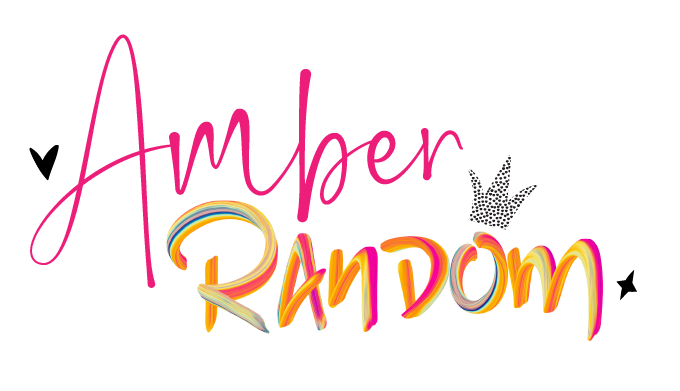Politics and religion—often the unspoken giant elephants (did you catch that?!) in a room—are typically avoided in casual conversation. Despite their heavy presence, many of us sidestep these topics like they’re a looming elephant. Ironically, these two realms hold undeniable power over our daily lives, shaping our views, decisions, and even the way we interact with others. We may engage in light banter about the weather or the latest Netflix series, but it’s often the more profound subjects—those that address our core values—that get overlooked.
But why is this the case? Why do we shy away from discussing topics that are so pivotal in forming our personal and collective identities? The truth is, politics and religion are tied to deeply held beliefs, and these beliefs can be vulnerable. Conversations about them can often feel charged with emotion, as they touch on questions of morality, truth, and justice. In a world where ideological divides can feel vast, it’s easier to stay within the comfort of agreement and avoid the potential discomfort that comes with differing views.
However, what if we reframed these topics as opportunities rather than obstacles? Instead of treating politics and religion as minefields, what if we viewed them as tools to better understand one another, to challenge our own thinking, and to foster empathy?
Engaging in discussions about these profound subjects can, indeed, be enlightening. It’s through exploration—whether in the form of a heated debate or a thoughtful dialogue—that we uncover the values that unite us as a community. We may not always agree on everything, but there’s immense power in acknowledging different perspectives and seeing them not as threats, but as windows into the diverse ways in which we interpret the world.
Political conversations provide an opportunity for personal growth. By stepping out of our echo chambers and genuinely engaging with others’ views, we give ourselves the space to reevaluate our assumptions and beliefs. It’s this constant questioning and evolving that shapes us into more well-rounded individuals. It’s how we move beyond mere tolerance to true understanding and acceptance.
In today’s polarized society, it’s so easy to see differences as insurmountable. But what if, instead of fearing the rift, we viewed it as an invitation to engage? By having these tough conversations—be it over dinner with family, with friends from different walks of life, or in public forums—we don’t just challenge each other’s beliefs; we deepen our connections and expand our own worldview. These discussions, uncomfortable as they may sometimes be, are where real learning and empathy take root.
So, yes, politics and religion can be the proverbial elephant in the room. But by daring to address them, we not only confront the elephant, we also embrace the complexity of our human experience. We cultivate a society where understanding prevails over division and where our shared humanity shines through, regardless of our differing ideologies. After all, it’s only through these authentic exchanges that we can move toward a more inclusive, compassionate, and harmonious world.
In the end, the elephant might just be the catalyst we need for deeper connection, growth, and understanding.
🐘

